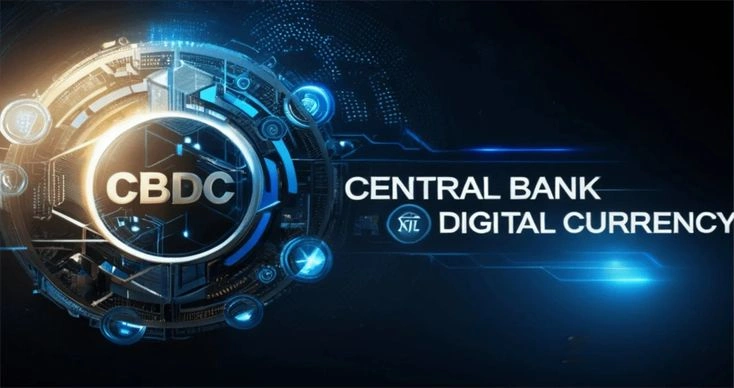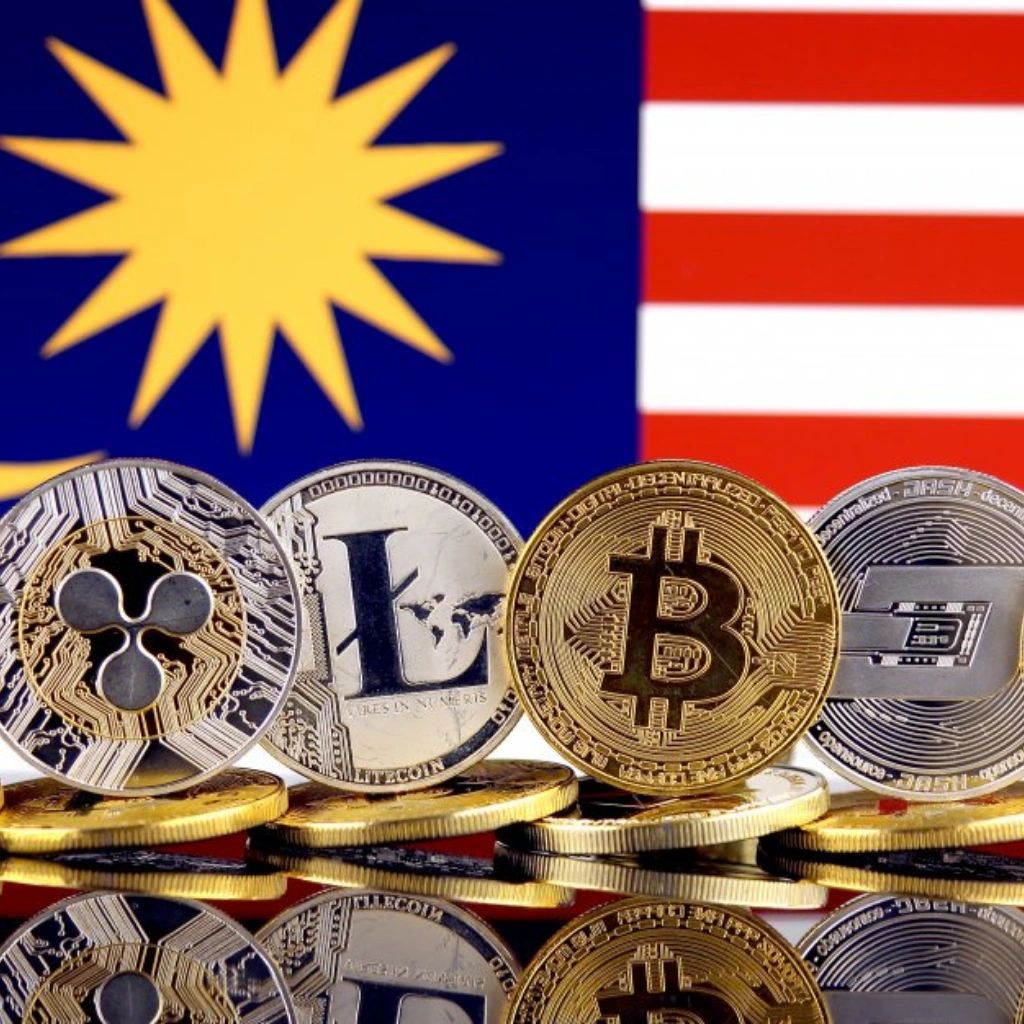KUALA LUMPUR, May 3 — Malaysia crypto payment adoption
When Arif, owner of a cozy café tucked behind a row of office towers in Bangsar, quietly put up a small sign that read “Bitcoin Accepted Here”, he didn’t expect much. Maybe a few curious glances, a question or two. But within a week, three customers paid for their coffee in crypto.
“I didn’t do it as a gimmick,” he says, shrugging as he wipes down a table. “I just thought… why not?”
Arif’s experiment is small — even he admits that. But his story is becoming less rare. All across the country, interest in Malaysia crypto payment adoption is stirring — not through government mandates or massive tech rollouts, but through individuals and businesses who are simply giving it a go.
Between Regulation and Curiosity


Let’s rewind for a second. In Malaysia, crypto trading isn’t illegal. In fact, platforms like Luno and Tokenize are fully licensed and regulated by the Securities Commission (SC). Malaysians can buy, hold, and sell digital assets — and many do.
But when it comes to using crypto for payments, things get fuzzy.
Bank Negara Malaysia (BNM), the country’s central bank, has stated clearly: cryptocurrencies are not legal tender. You can’t — at least not officially — buy nasi lemak or pay rent in Bitcoin.
And yet, here we are. Small players like Arif are doing it anyway, with a workaround: payments are made via third-party platforms that immediately convert crypto into ringgit. Legal gray area? Probably. Growing trend? Definitely.
Crypto, Cafés, and the Curious


Arif isn’t alone. A tech repair shop in Penang now accepts Ethereum. A bookstore in Johor Bahru lets you pay in USDT. They’re not advertising loudly, but they’re not hiding it either.
These small acts speak to a broader feeling — that Malaysia crypto payment adoption is bubbling below the surface. Not in sweeping government policies, but in QR codes taped to cash registers and whispered “you can pay with crypto, if you want” between cashier and customer.
“It’s the younger crowd who ask about it,” Arif notes. “They’re already used to digital wallets. For them, switching to crypto isn’t that big of a leap.”
Add in Malaysia’s thriving fintech culture — e-wallets, QRPay, instant transfers — and it’s easy to see how crypto could slide into everyday life… if it’s allowed to.
Malaysia crypto payment adoption:What’s Fueling the Shift?

There’s more at play than tech enthusiasm. Here’s what’s nudging crypto into the mainstream in Malaysia:
- Convenience: Crypto can speed up cross-border payments and skip bank fees.
- Existing ownership: Malaysians who already hold crypto want ways to spend it.
- Global influence: Countries like El Salvador have gone all-in on crypto payments — Malaysians are watching.
- Distrust in the system: While not as intense as in some countries, the idea of decentralized finance is gaining fans, especially during economic uncertainty.
Still, skeptics — including some of Arif’s regulars — raise fair points. Volatility remains a serious issue. “What if I pay RM15 today and that same Bitcoin is worth RM10 tomorrow?” one customer asks. That’s the rub.
Malaysia crypto payment adoption:What Needs to Change First?

For Malaysia to adopt crypto payments in any official way, there are some clear hurdles:
- Regulatory clarity: Right now, rules are murky. Most business owners won’t risk it.
- Public awareness: There’s still confusion about what crypto is, how it works, and whether it’s safe.
- Tech simplicity: Crypto payments must feel as seamless as scanning an e-wallet QR code.
- Price stability: Whether it’s a stablecoin or a central bank digital currency (CBDC), the volatility issue needs solving.
Malaysia is already researching a CBDC — a digital version of the ringgit, issued and controlled by BNM. It’s not crypto as we know it, but it could open the door for broader digital payment options in the future.
Malaysia crypto payment adoption:The Road Ahead- Slow but Inevitable?
For Arif, it’s not about becoming a crypto pioneer. “I just want to offer one more option,” he says. “If people want to use it, great. If not, no big deal.”
But his story — and those like his — suggests a quiet momentum. Malaysia crypto payment adoption might not be an official reality yet, but it’s slowly taking root in everyday places. Not with loud fanfare, but with small experiments and real-world use.
Will it be legal nationwide tomorrow? Probably not. Next year? Also unlikely.
But within five to ten years? That’s where many see the tide turning. And if it does, it might just be because of people like Arif — who tried it first, before the rules caught up.
Relevant News: Here




